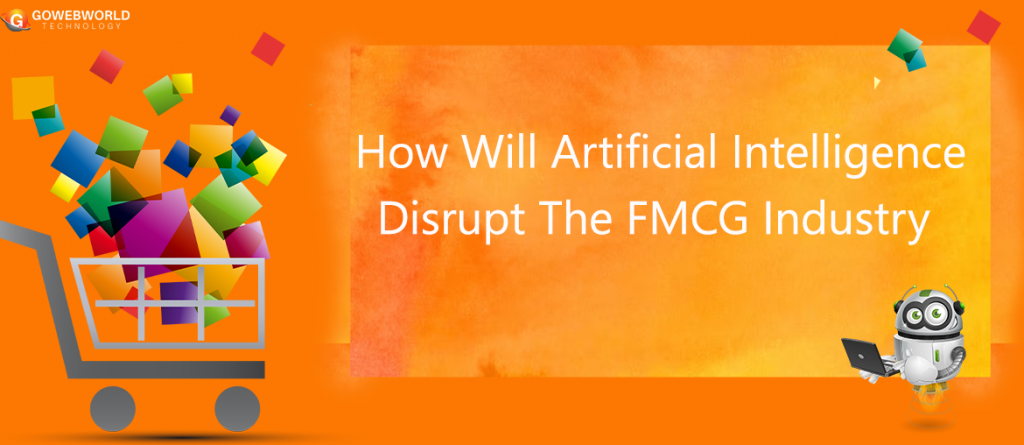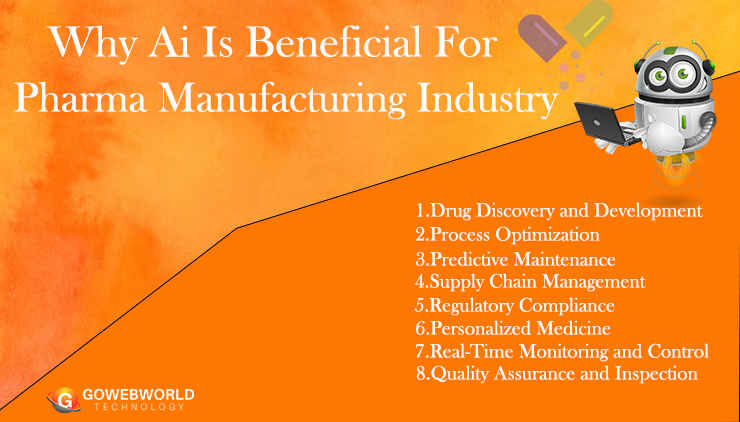Unveiling the Ultimate Advertising Showdown
In the realm of digital advertising, two titans stand at the forefront: Bing Ads and Google Ads. These advertising platforms have revolutionized the way businesses promote their products and services online. As a savvy advertiser, choosing between these giants requires a thorough understanding of their strengths, features, and potential impact on your marketing strategy. In this comprehensive comparison, we’ll delve into the world of Bing Ads and Google Ads to help you make an informed decision that aligns with your business goals.
Understanding Bing Ads and Google Ads
Google Ads: Powerhouse of Reach and Intent
Google Ads, previously known as Google AdWords, is the undisputed king of online advertising. With over 3.5 billion daily searches, Google has an unparalleled reach, connecting advertisers with users actively searching for information, products, or services. Google Ads operates on a pay-per-click (PPC) model, meaning advertisers bid on keywords to display their ads to relevant audiences.
Bing Ads: The Challenger with Unique Audiences
Bing Ads is the advertising platform of Microsoft’s search engine, Bing. While its market share is smaller compared to Google, Bing still boasts a substantial user base, often comprising an older demographic and users who may not exclusively use Google for their searches. Bing Ads also operates on a PPC model and offers features similar to Google Ads, making it a contender for businesses looking to tap into an alternative audience.
The Great Showdown: Bing Ads vs Google Ads
1. Audience Reach
Google Ads has a global dominance, making it the preferred choice for businesses seeking to reach a vast and diverse audience. Advertisers can target users based on search intent, location, demographics, and interests, ensuring their ads are displayed to the right people at the right time.
Bing Ads excels in reaching audiences that may not be as active on Google. Its user base often includes individuals aged 35 and above, and it’s particularly popular in certain niches and industries. If your target audience aligns with Bing’s demographics, it could be a valuable avenue for reaching untapped customers.
2. Cost and Competition
Due to its massive user base, Google Ads tends to have higher competition, leading to potentially higher costs per click. Popular keywords can be expensive to bid on, making it crucial to manage your budget effectively.
Bing Ads generally has lower competition, which can result in lower costs per click. This affordability can be advantageous for small businesses with limited advertising budgets.
3. Ad Formats and Extensions
Both platforms offer a range of ad formats, including text ads, display ads, and shopping ads. However, Google Ads has a broader selection of ad formats and extensions, providing more opportunities for creativity and engagement.
Bing Ads offers similar ad formats and extensions but may have certain limitations. Advertisers should consider the specific features that align with their campaign goals.
4. Performance Metrics
Google Ads provides robust reporting and analysis tools that allow advertisers to track performance, measure conversion rates, and make data-driven decisions to optimize campaigns.
Bing Ads also offers comprehensive performance tracking, but its reporting capabilities may not be as extensive as Google’s.
Which Is Better: Bing Ads or Google Ads?
Ultimately, the choice between Bing Ads and Google Ads hinges on your specific business objectives and target audience. If you’re seeking extensive reach, diverse targeting options, and a wide array of ad formats, Google Ads is the go-to platform. On the other hand, if you’re aiming to tap into an alternative audience, benefit from potentially lower costs, and explore a platform with fewer competitors, Bing Ads could be a strategic choice.


